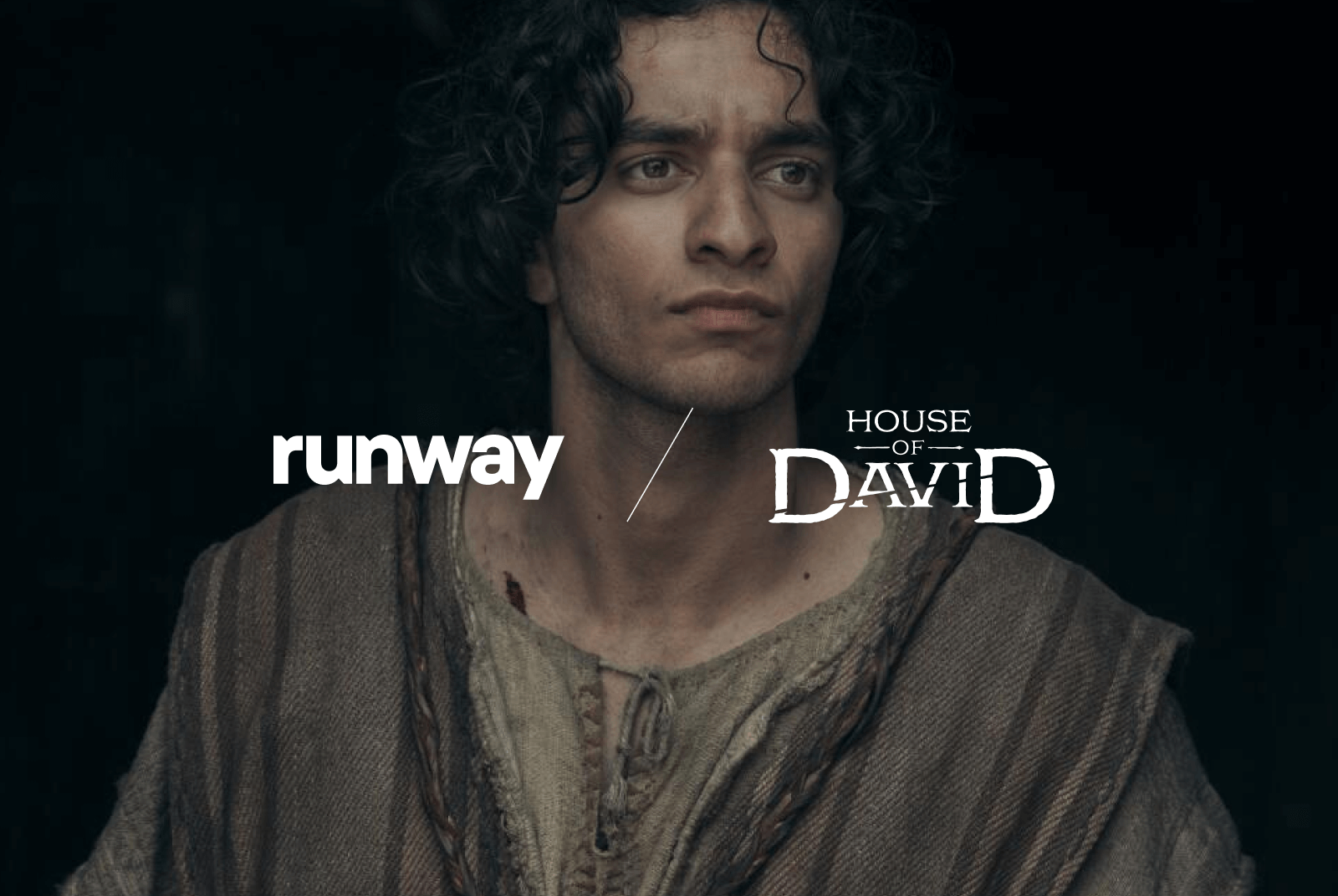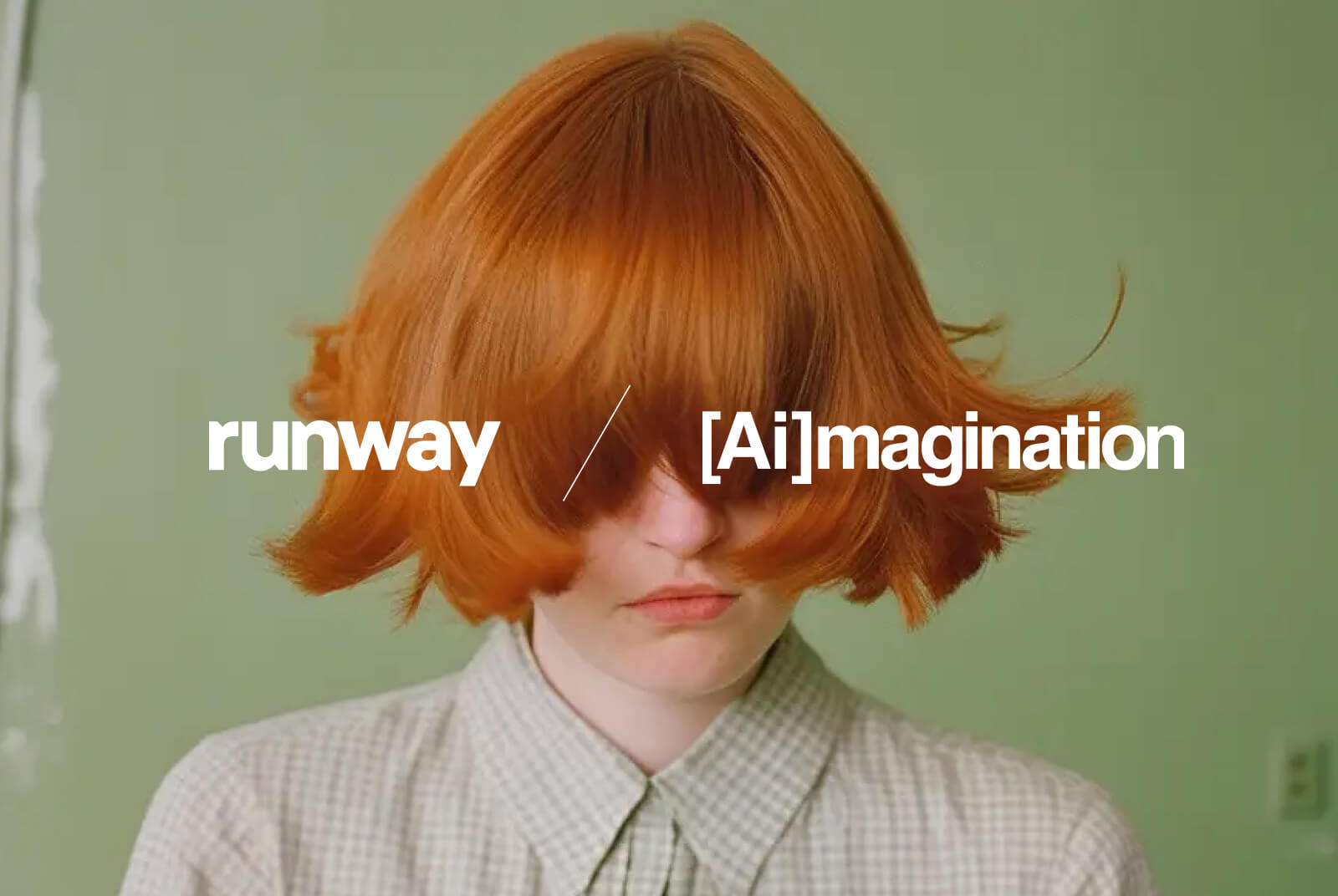
Frédéric Raillard is a New York-based entrepreneur and the founder Fred & Farid, an award-winning advertising, social and creative agency that has developed campaigns for Google, Budweiser, Air France, Rare Beauty, Peacock, Spotify and more. He is also the founder of [Ai]magination, an AI-first creative agency that has worked with brands including The North Face, Toyota, L’Oreal and Longchamp. In this conversation, Fred discusses his agencies’ transformation from traditional creative agencies to AI-led brand studios, with Runway’s tools at the forefront.
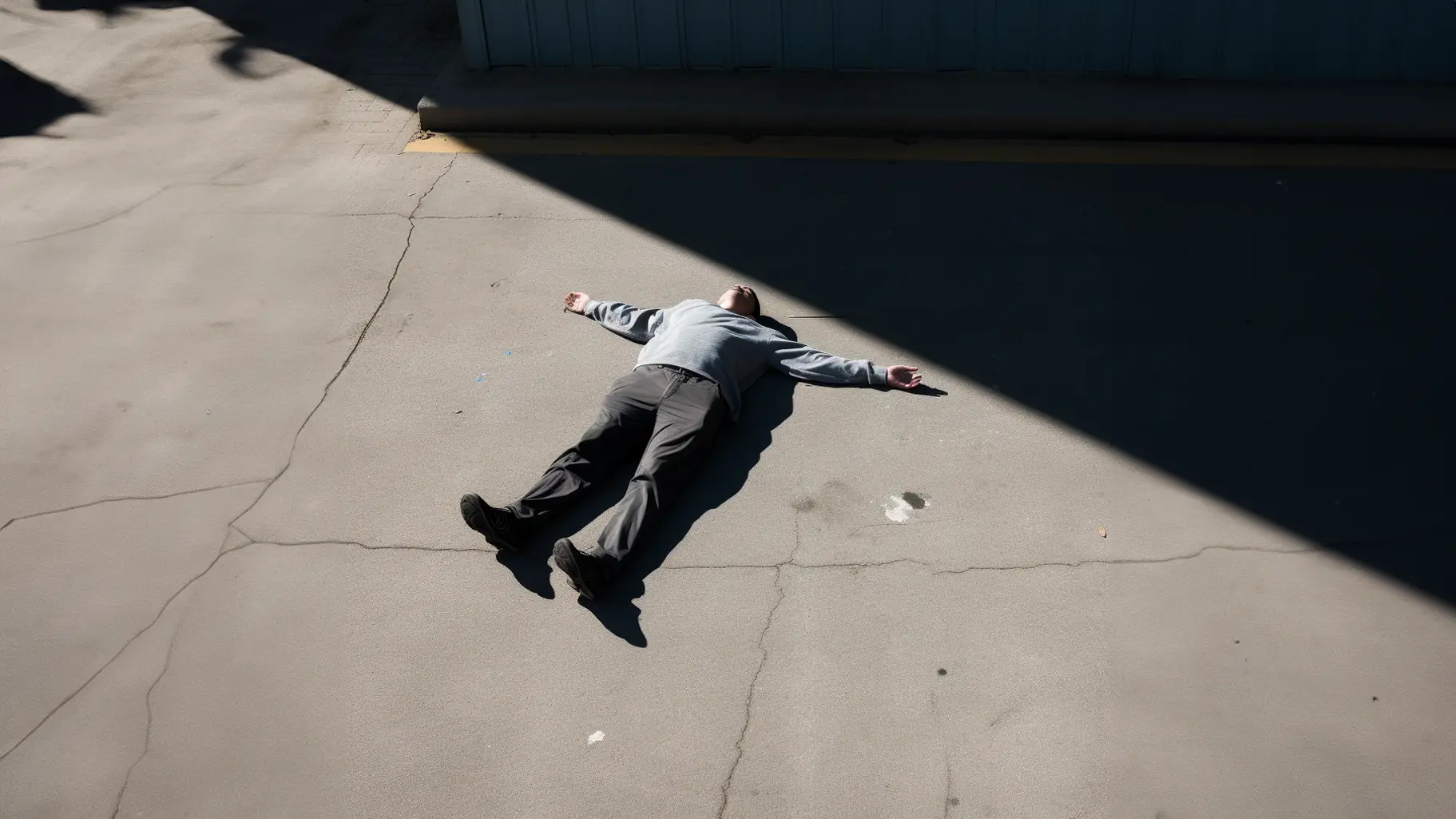
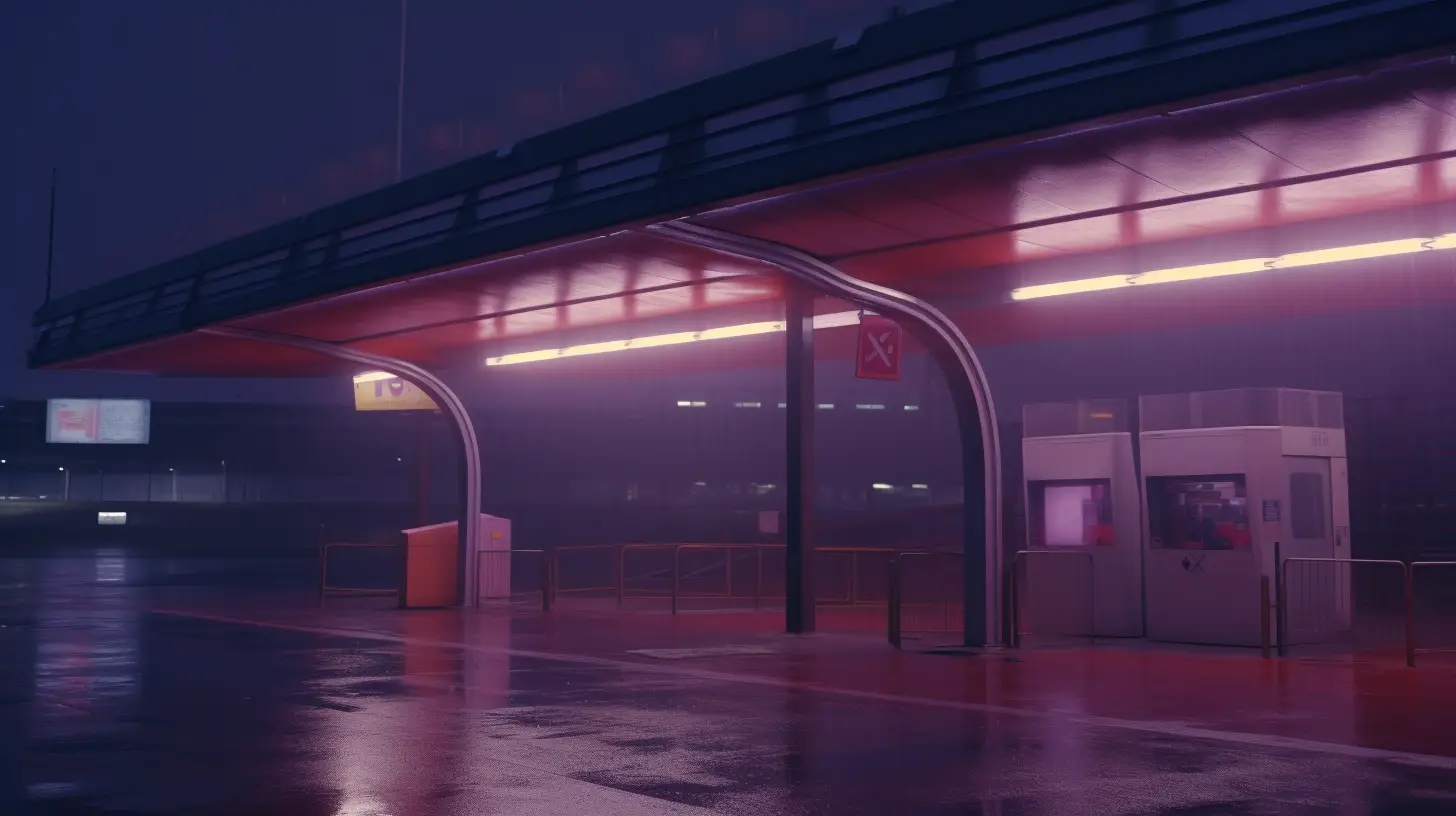


Tell us about how you decided to found [Ai]magination under the Fred & Farid brand.
The journey wasn't immediate. I traveled to China to view an AI art exhibition – what I saw was incredible talent, but the art lacked brand integrity. I realized there was a lot of opportunity for people who understood how to use AI tools but who also understood advertising. So we worked for a year with a team of 26 people across the U.S. and China, producing literally hundreds of thousands of images and about 50 videos. We tried every possible AI tool, learned every secret of prompting and uploaded 4,000 assets to our website. I called AdAge and said, "We're coming out. We believe in it. We're the first agency to launch this kind of AI-first studio—in Paris, Shanghai, New York, Los Angeles—called [Ai]magination."
What was Runway's role?
Runway was absolutely crucial and was one of the most important platforms for us. Using Runway was the moment when we really got it – that we could absolutely do our job while avoiding traditional shootings.
Our "aha moment" came with Gen-2. We participated in Gen:48 and absolutely loved the process and started to realize that we really could do our job with AI. The game-changer was when we moved from static images to video. In the beginning, we were cheating a little bit – shooting a face and adding a tree in the background, then animating the tree with wind to create this illusion of reality. But now, with the improvements in Runway, we don't even need those tricks because the quality keeps getting better and better.
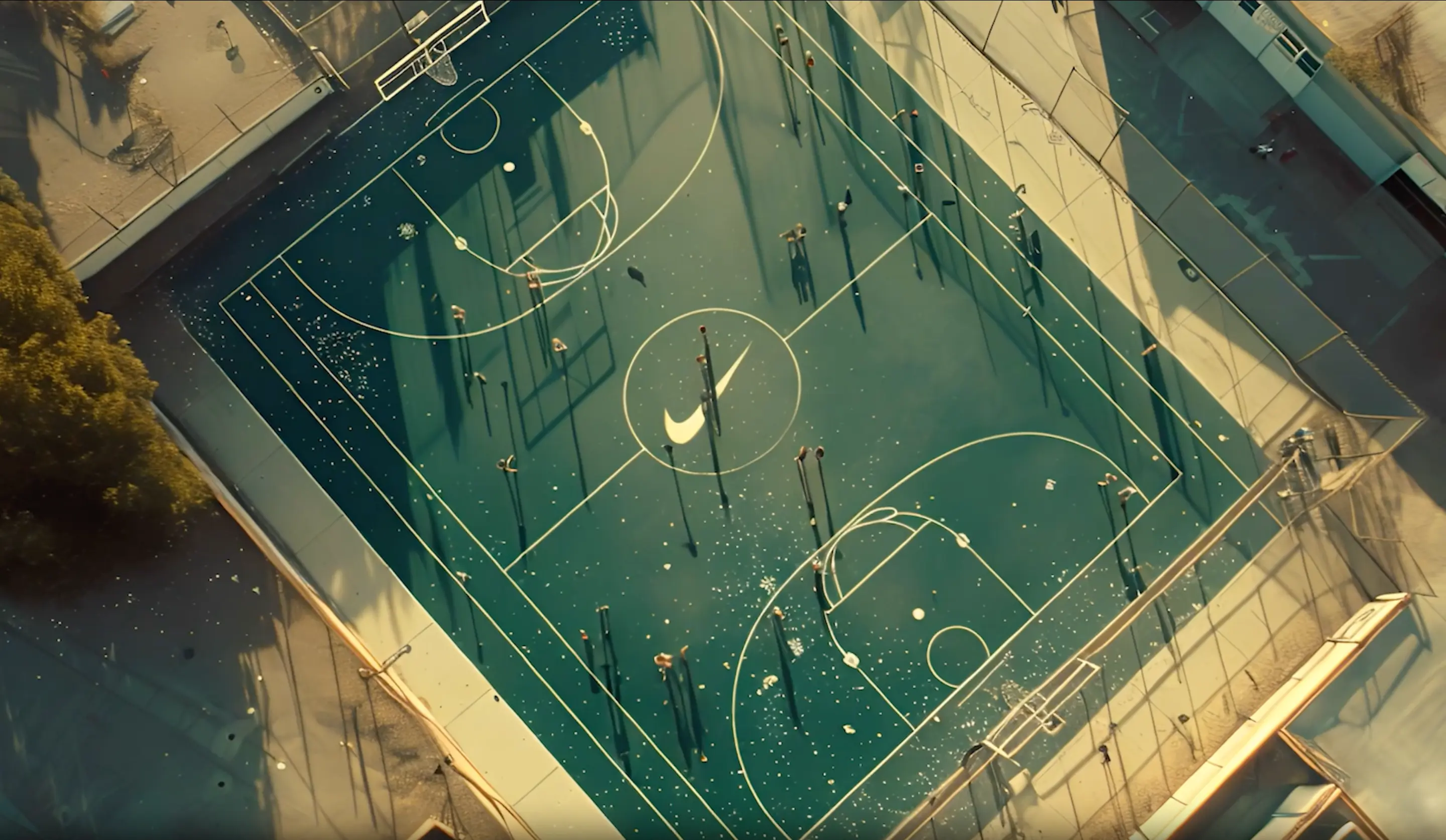
How have your use cases evolved from when you first started working with Runway to where you are now?
The transformation has been dramatic. When we first started experimenting with AI, even creating a spec ad would still take three weeks of work – developing the concept, working with an LLM on the script, moving to Text-to-Image for art direction, then Image-to-Video for animation, and finally a post production tool for editing.
Now, we're doing Text-to-Image and Text-to-Video work that's completely changing our approach, and we’re able to work from start-to-finish in Runway. That was the biggest change for us – realizing we could achieve good results with minimal experimentation. We’ve been able to work quickly on campaigns that have real ROI – for example, we put out a spec ad for Nike that Fox Entertainment loved so much, they brought us on to their roster of partners to produce trailers for shows using Runway.
What challenges have you faced with client adoption?
It's fascinating. CMOs are pushing to use AI because it's 10 times cheaper and faster, and more sustainable – you're cutting all the CO2 spending on planes for shoots. Purchasing departments love it for the same reasons. The only department resisting is legal, but I think this will disappear as we see more major brands doing full commercials with AI. When you have brands like Coca-Cola and McDonald's getting into AI, it’s game over – every competitor will do it.
Tell us a little bit about your approach, and how you experiment with the technology.
We believe in "disrespecting technology," and I mean that as encouragement to experiment. There's a great example with the electric guitar: it really took off when Jimi Hendrix started playing with his teeth, burning guitars, crashing them. One artist disrespected the technology and changed the sound of rock completely.
We work the same way. If we believe a different version of the model will give better artistic results, we'll use that. We experiment constantly. We tell our creatives: please disrespect technology. There's no one way to prompt – just play with it the way Hendrix played with the guitar.
What advice would you give to other agencies considering this transition?
You need both the best car and the best pilots. We have this fantastic Formula One car that is Runway, but we also bring talented pilots who understand advertising. It takes years to understand what advertising really entails – you can't skip that experience, and having access to tools doesn't make you a professional. As Henri Cartier-Bresson said, "Your first 10,000 pictures will be your worst."
What are you excited about for the future?
I believe 2025 will be when AI becomes the new normal. Adoption will accelerate because everyone's looking for cost-efficient solutions. Soon, instead of one film every three months, a brand like McDonald's could produce one film a day. Out of 365 films, there will be 20 great ones that go viral worldwide for a media cost that's impossible to achieve with traditional tools.
What’s next for you, and for Fred & Farid?
We were the first major agency to stand out and say we believe in AI. We launched [Ai]magination with 30 people across four cities, and we were first to do it at this scale.
I'm passionate about this transformation. The more I work on it, it's like a second career for me. We're hoping to win some of the first big awards done fully with AI, and we're working toward that goal. For us, this isn't just about tools – it's about building tomorrow's agency today. And Runway has been absolutely essential to making that vision a reality.
Learn more

